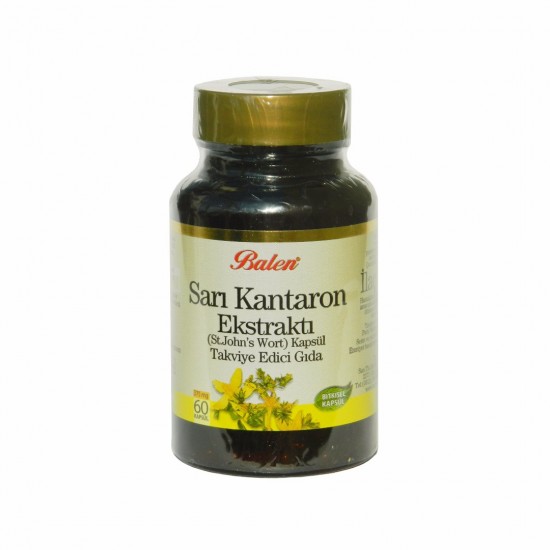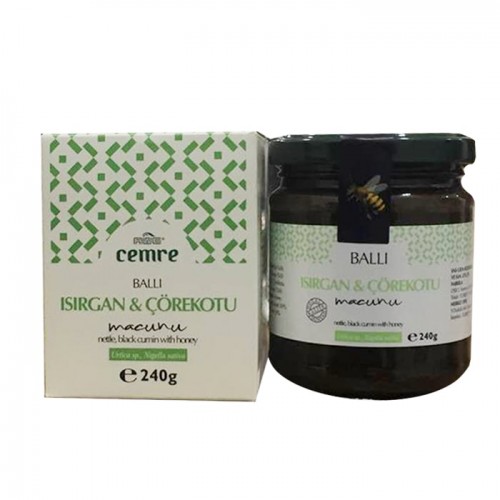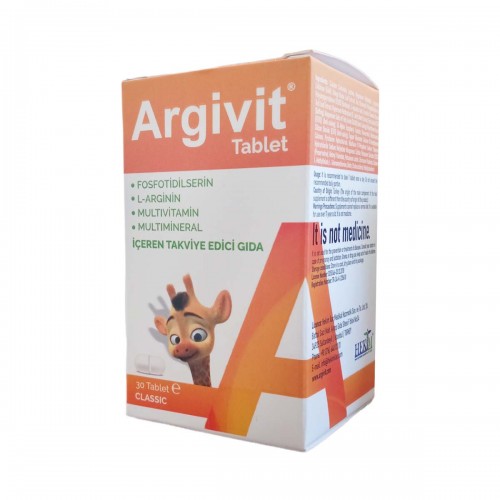
- Stock: In Stock
- Brand: Balen
- Weight: 0.05kg
- Dimensions: 5.00cm x 5.00cm x 9.50cm
- SKU: 96331121
- UPC: 690957000707
SHORT DESCRİPTİON
- A Natural Product with MSDS “Material Safety Data Sheet” Certificate. Conforms the Turkish food codex.
- St. John’s wort is most commonly used to naturally remedy depression and symptoms, such as anxiety, tiredness, loss of appetite and trouble sleeping. It’s also used to treat heart palpitations, moodiness, the symptoms of attention deficit-hyperactivity disorder (ADHD), obsessive-compulsive disorder (OCD), seasonal affective disorder (SAD) and symptoms of menopause.
- Free From, Artificial Colours, Preservatives & Flavourings.
St. John’s wort, also known as hypericum perforatum, is a flowering plant of the genus Hypericum and has been used as a medicinal herb for its antidepressant and anti-inflammatory properties for over 2,000 years. The Greek physicians of the first century recommended the use of St. John’s wort for its medicinal value, and the ancients believed that the plant had mystical and protective qualities.
- Works as an Antidepressant
Many studies show that St. John’s wort may help fight mild to moderate depression and anxiety and has fewer side effects than most other prescription antidepressants, such as loss of sex drive. However, it does interact with a number of medications, so it should be taken only under the guidance of a health care provider, especially if you already take medications for depression.
St. John’s wort uses also include improving mood in people with SAD, a type of depression that occurs during the winter months because of lack of sunlight. SAD is usually treated with light therapy, and there is some evidence that using St. John’s wort together with phototherapy works even better as a way to beat the winter blues.
- Relieves PMS Symptoms
stomach pain / menstrual
Because of its positive effects on mood, St. John’s wort has been used to alleviate and naturally remedy PMS symptoms, such as depression, chronic fatigue and hormonal imbalance.
- Improves Mood During Menopause
St. John’s wort uses include being tested as an herbal remedy that relieves the psychological and vegetative symptoms of menopause. A study published in Advance in Therapy and performed in Berlin, investigated 12 weeks of treatment with St. John’s wort; 111 women, ages 43 to 65, took one 900 milligram tablet three times daily. All of the participants experienced symptoms characteristic of the pre- and postmenopausal state.
The treatment outcome was evaluated by the Menopause Rating Scale, a self-designed questionnaire for assessing sexuality, and the Clinical Global Impression scale. To test the results, the incidence and severity of typical psychological, psychosomatic and vasomotor symptoms were recorded after five, eight and 12 weeks of treatment. Substantial improvement in psychological and psychosomatic symptoms was observed, and menopausal complaints diminished or disappeared completely in 76 percent of the women; in addition to this, sexual well-being also improved after treatment, displaying that St. John’s wort uses include providing natural menopause relief.
- Improves Symptoms of Obsessive Compulsive Disorder
Obsessive compulsive disorder is a mental disorder where people perform certain routines repeatedly and are unable to control their thoughts or activities. This can be a debilitating condition, so the data that suggests the positive effects of St. John’s wort are indeed promising.
- Has Anti-Cancer Properties
Researchers have found that St. John’s wort stops the growth of tumor cells and can treat both nonmelanoma and melanoma skin cancer cells. Because St. John’s wort has shown to have significant antitumor activity, researchers suggest that it’s an effective cancer-fighting treatment that’s available in abundance because it’s a naturally occurring plant.
Data from a 2003 study done in Spain indicates that hyperforin, a derivative found in St. John’s wort, is a compound that interferes with key events in angiogenesis — the formation and growth of cells. This confirms the recent and growing evidence about a potential role of this compound in cancer and metastasis inhibition and makes it a promising drug for further evaluation in the treatment of angiogenesis-related pathologies.
FAQ:
Q1: What is the botanical name of Pine Turpentine Essential Oil?
A1: The botanical name of Pine Turpentine Essential Oil is Pinus Sylvestris.
Q2: How is Pine Turpentine Essential Oil extracted?
A2: Pine Turpentine Essential Oil is extracted through steam distillation.
Q3: What is the aroma of Pine Turpentine Essential Oil?
A3: Pine Turpentine Essential Oil has a strong, balsamic, and pine aroma.
Q4: What are the benefits of using Pine Turpentine Essential Oil in aromatherapy?
A4: Pine Turpentine Essential Oil can help with muscular stiffness, rheumatism, boost skin health, induce relaxation, and reduce chest congestion.
Q5: How should I use Pine Turpentine Essential Oil in aromatherapy?
A5: For aromatherapy use, add Pine Turpentine Essential Oil carefully to a carrier oil such as olive, grape seeds, or almond oil before use. It's best to consult professionals for suggested dilution ratios.
Q6: How can I use Pine Turpentine Essential Oil to relax my body?
A6: To relax your body, add several drops of Pine Turpentine Essential Oil to your bathtub and enjoy the aromatic experience.
Q7: What is the origin of the Pine Turpentine Essential Oil?
A7: The Pine Turpentine Essential Oil is sourced from untouched, unpolluted pine forests in Turkey.
Q8: Are there any warnings for using Pine Turpentine Essential Oil?
A8: Yes, essential oils are highly concentrated, so Pine Turpentine Essential Oil should be used carefully. Avoid contact with eyes and keep it away from children. If pregnant or breastfeeding, it's best to consult a doctor before use. For external use only.
| Ingredients: |
|
| Usage: |
Recommended Daily for Adults : Twice daily |
| Caution: |
|







